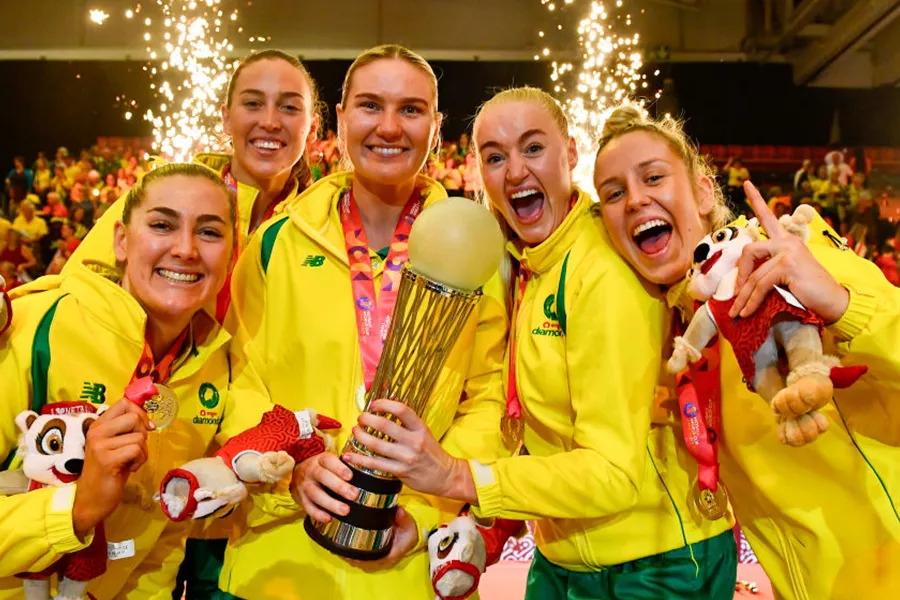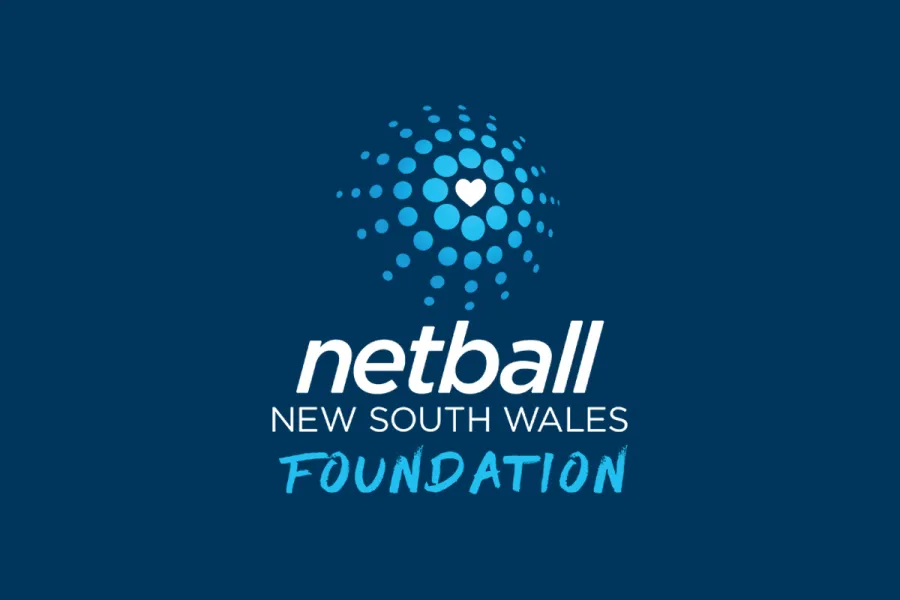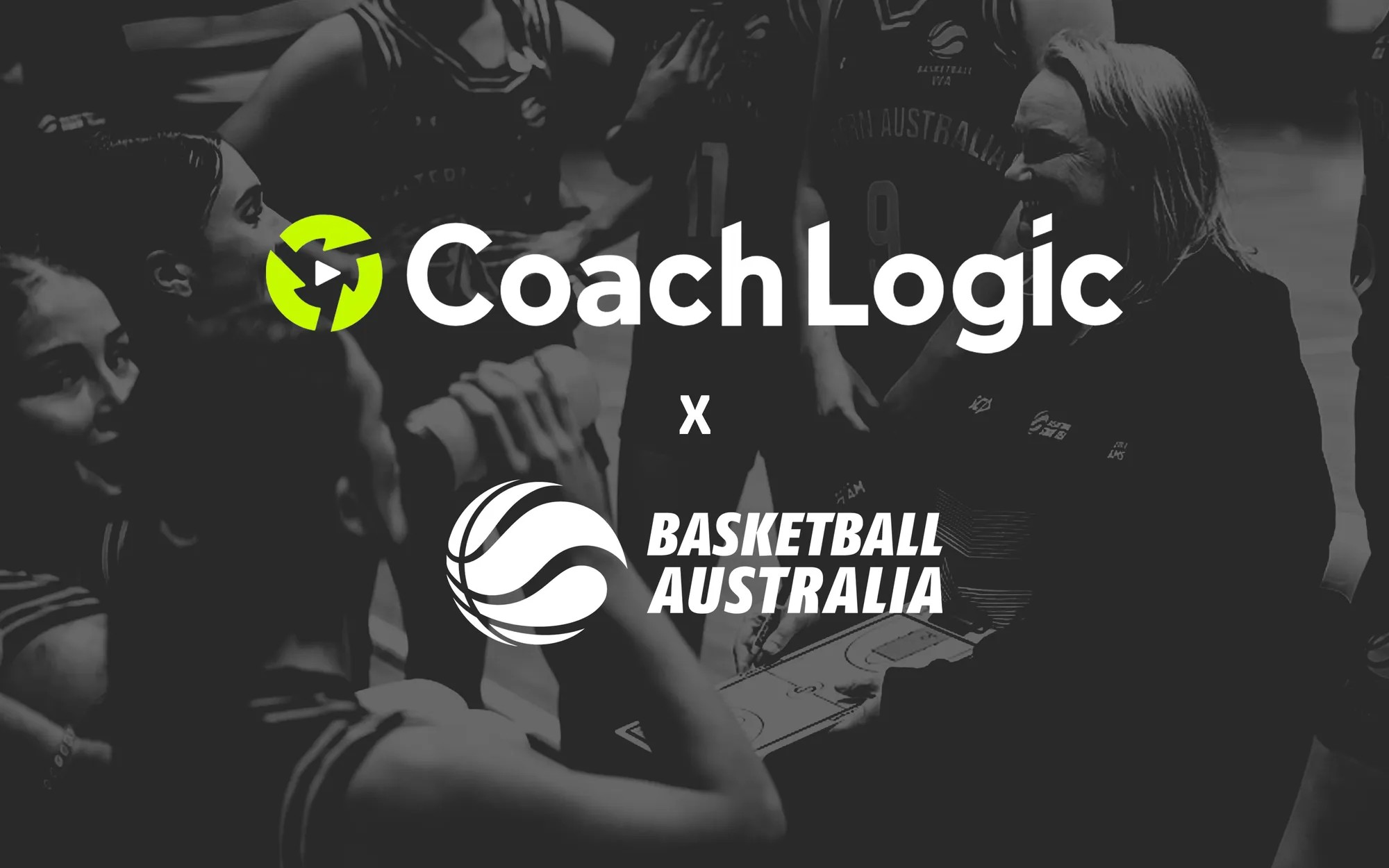Game Development 3 min read
World Netball Unveils Format Enhancements for 2027 World Cup to Boost Commercial Appeal
Written by
MOS Editorial Team
Published on
20 June 2025

Similar Stories

Game Development
2 min read
Netball NSW Launches Landmark Foundation
Netball NSW has officially launched the Netball NSW Foundation. Established as a dedicated...

Game Development
2 min read
Basketball Australia Reveals Refreshed Community Coach Mentoring Program
Basketball Australia has launched an overhaul of its Community Coach Mentoring Program (CCMP),...

Game Development
2 min read
Basketball Australia Integrates AI-Powered “SAM” into New Coaching Framework
Basketball Australia has announced an integration of Coach Logic’s AI-powered SAM (Session Analysis...
It's free to join the team!
Join the most engaged community in the Sports Business World.
Get all the latest news, insights, data, education and event updates.






